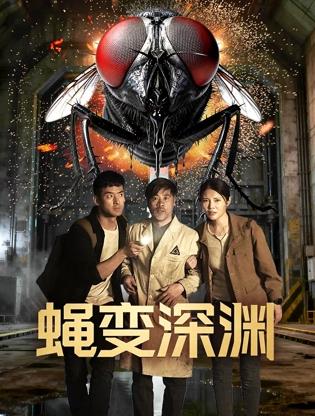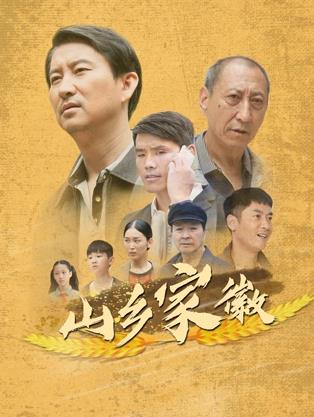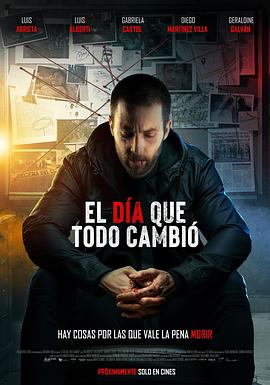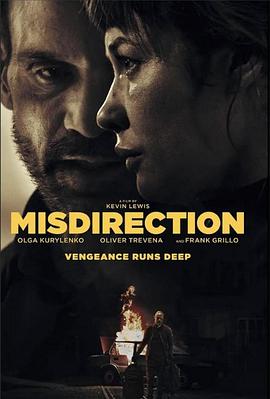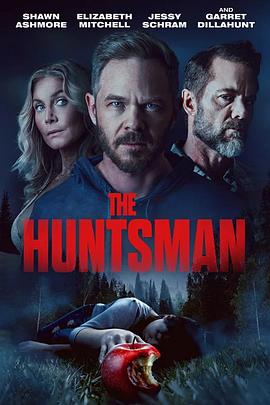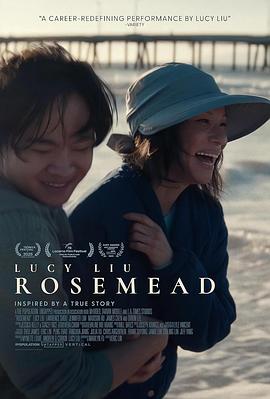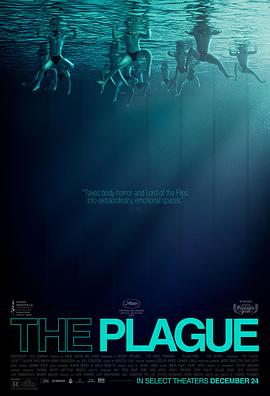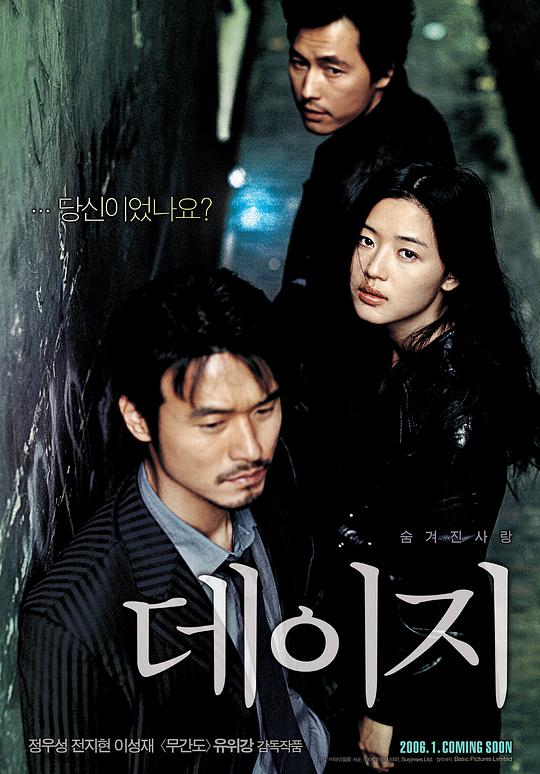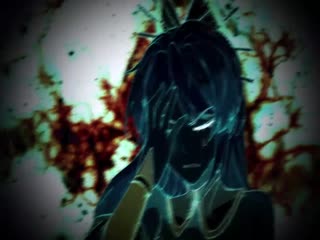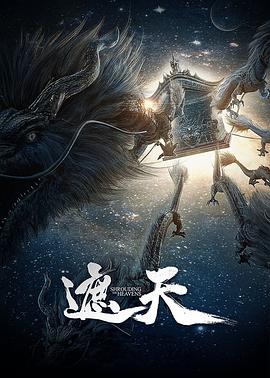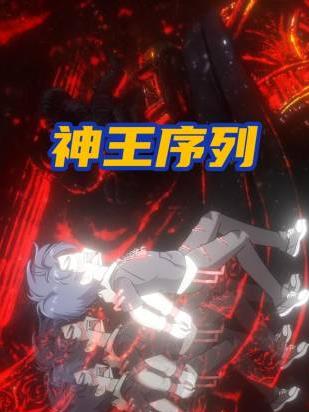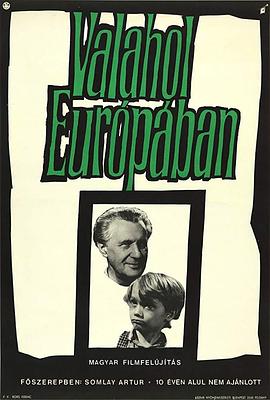
上映:
1948-11-19
更新:
2025-10-05 10:25:25,最后更新于
4月前
备注:
HD中字
TAG:
剧情:
Somewhere in the remote region, the war ends. In the midst of ruined cities and houses in the streets, in rural hamlets, everywhere where people still live, are children who have lost their homes and parents. Abandoned, hungry, and in rags, defenseless and humiliated, they wander through the world. Hunger drives them. Little streams of orphans merge into a river which rushes forward and submerges everything in its path. The children do not know any feeling; they know only the world of their enemies. They fight, steal, struggle for a mouthful of food, and violence is merely a means to get it. A gang led by Cahoun finds a refuge in an abandoned castle and encounters an old composer who has voluntarily retired into solitude from a world of hatred, treason, and crime. How can they find a common ground, how can they become mutual friends The castle becomes their hiding place but possibly it will also be their first home which they may organize and must defend. But even for this, the price will be very high. To this simple story, the journalist, writer, poet, scriptwriter, movie director, and film theoretician Béla Balázs applied many years of experience. He and the director Géza Radványi created a work which opened a new postwar chapter in Hungarian film. Surprisingly, this film has not lost any of its impact over the years, especially on a profound philosophical level. That is to say, it is not merely a movie about war; it is not important in what location and in what period of time it takes place. It is a story outside of time about the joyless fate of children who pay dearly for the cruel war games of adults. At the time it was premiered, the movie was enthusiastically received by the critics. The main roles were taken by streetwise boys of a children's group who created their roles improvisationally in close contact with a few professional actors, and in the children's acting their own fresh experience of war's turmoil appears to be reflected. At the same time, their performance fits admirably into the mosaic of a very complex movie language. Balázs's influence revealed itself, above all, in the introductory sequences an air raid on an amusement park, seen in a montage of dramatic situations evoking the last spasms of war, where, undoubtedly, we discern the influence of classical Soviet cinematography. Shooting, the boy's escape, the locomotive's wheels, the shadows of soldiers with submachine guns, the sound of a whistle—the images are linked together in abrupt sequences in which varying shots and expressive sharp sounds are emphasized. A perfectly planned screenplay avoided all elements of sentimentality, time-worn stereotypes of wronged children, romanticism and cheap simplification. The authors succeeded in bridging the perilous dramatic abyss of the metamorphosis of a children's community. Their telling of the story (the scene of pillaging, the assault on the castle, etc) independently introduced some neorealist elements which, at that time, were being propagated in Italy by De Sica, Rossellini, and other film artists. The rebukes of contemporary critics, who called attention to formalism for its own sake have been forgotten. The masterly art of cameraman Barnabás Hegyi gives vitality to the poetic images. His angle shots of the children, his composition of scenes in the castle interior, are a living document of the times, and underline the atmosphere and the characters of the protagonists. The success of the picture was also enhanced by the musical art of composer Dénes Buday who, in tense situations, inserted the theme of the Marseilaise into the movie's structure, as a motive of community unification, as an expression of friendship and the possibility of understanding. Valahol Europaban is the first significant postwar Hungarian film. It originated in a relaxed atmosphere, replete with joy and euphoria, and it includes these elements in order to demonstrate the strength of humanism, tolerance, and friendship. It represents a general condemnation of war anywhere in the world, in any form.
收起
相关影片
2026
剧情片
大陆
HD国语
2025
剧情片
大陆
HD国语
2026
剧情片
大陆
HD国语
2024
剧情片
美国
更新HD
2024
剧情片
墨西哥
更新HD
2026
剧情片
美国
The pic follows a desperate couple, who have pulled off a string of high-end break-ins to pay off
更新HD
1973
剧情片
墨西哥
亚历桑德罗·佐杜洛夫斯基 霍拉西奥·萨利纳斯 Zamira Saunders 胡安·费拉拉 阿德里安娜·佩奇 Burt Kleiner Valerie Jodorowsky Nicky Nichols 理查德·鲁托夫斯基 Luis Lomelí Ana De Sade Chucho-Chucho Letícia Robles Connie De La Mora David Kapralik Jacqueline Voltaire José Antonio Alcaraz 赫克托・奥尔特加 阿丽尔·朵巴丝
一位貌似耶稣的小偷(Horácio Salinas 饰)从儿童们的石块击打中醒来,与一个无手无脚的侏儒结伴进入城市。城中正进行一场疯狂的庆典,一些人被杀死,鸟雀从他们的枪口中飞出,大量蟾蜍穿着印第
HD中字
2025
剧情片
美国
HD中字
2025
剧情片
美国
HD中字
2019
剧情片
日本
HD中字
2019
剧情片
其它
丽娃·克里马洛夫斯基 马里纳斯·霍曼 卡拉·朱里 奥利弗·马苏奇 尤斯图斯·冯·多赫纳尼 乌苏拉·温纳 安妮·贝南特 安德烈·谢曼斯基 安妮·薛弗 拉斐尔·寇索里斯 本杰明·萨德勒 安德烈亚斯·马蒂 Raban Bieling Risch Flurin Alexander Meisser Noah Luisa-Céline Gaffron Hannah Kampichler Peter Bantli Held Alina Knight Emma Rahel Hubacher
九岁的安娜和家人居住在柏林,1933年到来,一切都开始发生了变化,在她四周,一个陌生人的画像开始挂满在大街小巷,懵懂的安娜不知道发生了什么。不久之后,她和她的家人踏上了一场逃亡之路,安娜在旅途中充
HD中字|国语
2017
剧情片
日本
HD中字
1994
剧情片
大陆
HD国语
2006
剧情片
韩国
HD中字
正在热播
更多
2025
中国动漫
中国大陆
热播
全40集
2025
中国动漫
中国大陆
热播
全40集
更新至161集
2025
喜剧片
中国大陆
热播
正片

